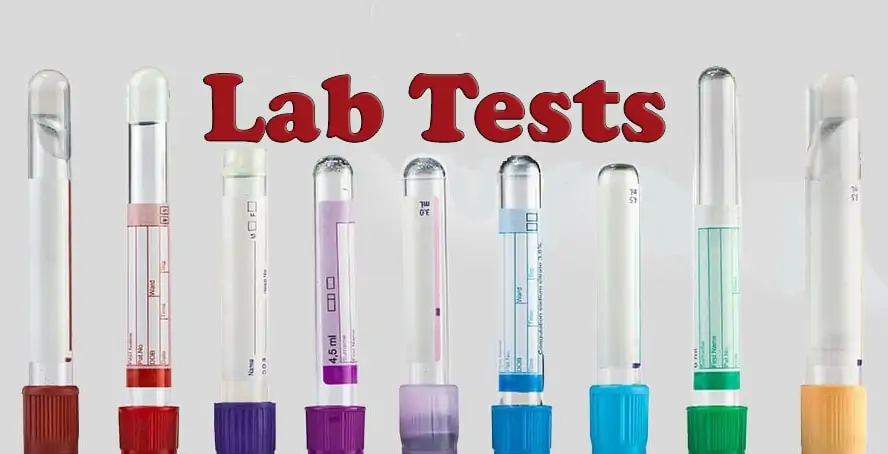Hormones are powerful chemicals that affect almost every bodily system and function. As per experts like Healthy Remedies, when hormone levels become imbalanced, wide-ranging symptoms and health effects can occur. This makes testing key hormones an invaluable diagnostic tool for guiding treatment plans.
Let’s explore hormone testing and how physicians use it to pinpoint and address hormone imbalances:
What Exactly are Hormones?
Hormones are regulatory chemicals produced by the body’s endocrine glands and released into the bloodstream. Examples include testosterone, estrogen, cortisol, and thyroid hormones.
Each hormone travels through the blood acting on tissues and organs to control bodily processes like metabolism, growth, mood, reproduction, and responses to stress and injury. The endocrine system is all about balance.
Why Test Hormone Levels?
When hormone levels stray too high or low, undesirable effects happen. For instance, low testosterone in men causes fatigue, weakness, and reduced sex drive. High cortisol prompts anxiety, weight gain, and headaches.
Testing identifies imbalances so appropriate treatment can restore ideal functioning through lifestyle changes, medications or supplements to get hormones back to optimal zones.
Common Hormonal Imbalances
Common imbalances include low testosterone in men over 40, perimenopause estrogen loss in women, thyroid issues like hyper/hypothyroidism, and abnormal melatonin that disrupts sleep cycles.
Conditions like PCOS, infertility, andropause and adrenal fatigue also stem from hormonal dysregulation. Testing pinpoints the problem.
Primary Hormones Tested
Important baseline hormone blood tests usually include TSH, T4, T3 for the thyroid gland, testosterone and estradiol for sex hormones, insulin for blood sugar issues, and cortisol to gauge adrenal function.
Results outside expected normal ranges indicate where imbalances exist. Additional hormones may then be tested for a clearer diagnosis.
When Your Doctor May Order Testing
If you’re experiencing low energy, body composition changes, sleep disruption, sexual dysfunction, mood instability or menstrual irregularities, your physician will likely order labs.
Routine wellness screening, pre/post-menopause, and preconception planning also warrant testing to detect potential problems early.
What to Expect During the Process
Hormone testing simply involves having a small blood sample drawn by a phlebotomist, just like other lab tests. No special preparation is needed. Some doctors test saliva also to measure free vs bound hormones.
Sample collection takes only a few minutes. Results are usually available within a week or less. Follow up occurs if levels are abnormal.
Potential Treatment Options
If testing reveals a hormonal imbalance, treatments aim to restore optimum function by:
- Altering medication dosages
- Starting hormone replacement therapy
- Changing diet and exercise habits
- Reducing stress
- Getting more sleep
- Taking needed supplements or vitamins
Follow-up testing will verify if treatment is working to reach proper hormonal balance.
Benefits of Testing and Treatment
Getting hormones in their “sweet spot” again alleviates adverse symptoms hijacking quality of life. Patients report renewed energy, more restful sleep, weight management, improved intimacy, better moods, clearer thinking, and reduced anxiety once their customized treatment restores balance.
Conclusion
Diagnosing underlying hormonal causes via testing marks the first step toward feeling your best again. Work with your doctor if suspecting an imbalance is undermining your wellbeing. Rediscovering your optimal hormonal balance is life-changing.

